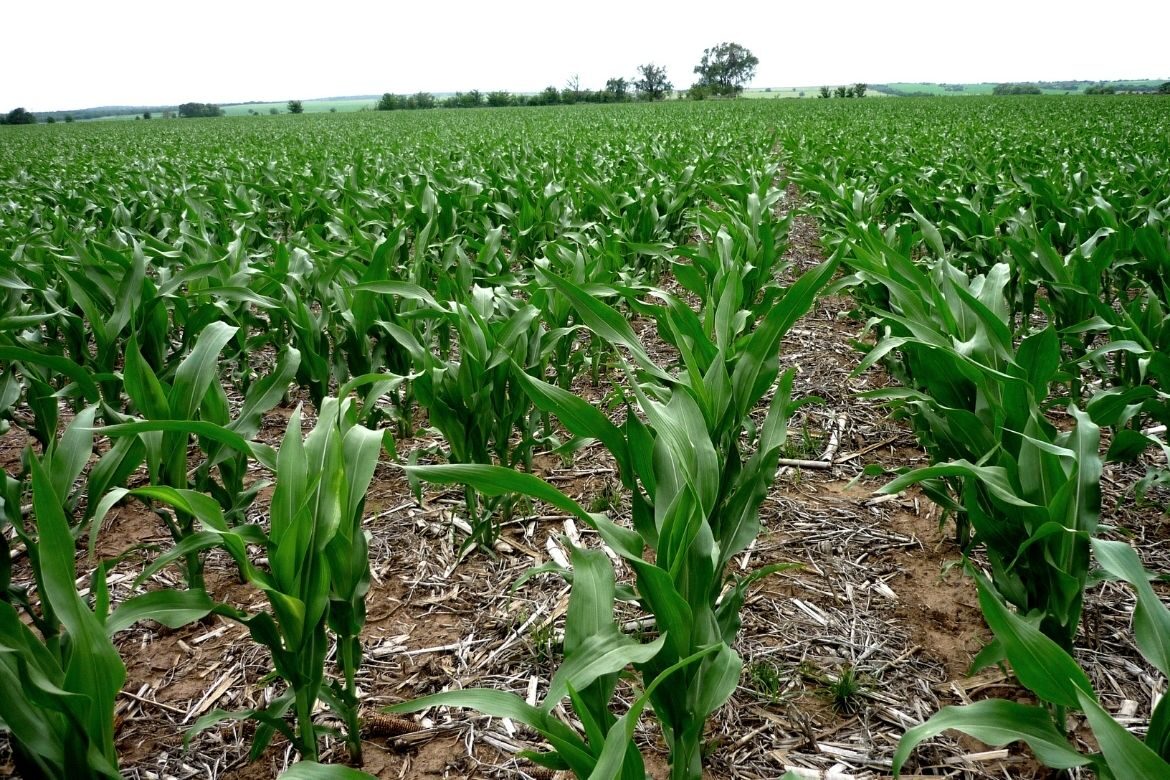Global agriculture and food chains are expected to be hard hit by the instability caused by the war in Ukraine. Markets that could be affected include oil, fertiliser, wheat and maize. For Irish farmers, the major impact might revolve around the effect on the market for natural gas, the main raw material for the manufacture of nitrogen fertilisers.
Experts at Rabobank stated that fertiliser prices could go beyond the reach of many farmers. “There is no saying how high natural gas prices could go in the event of a supply disruption given how high prices already are.”
Ukraine is estimated to contribute 12% of global wheat exports, and with conflict here, grain markets are likely to be disrupted, which would be of great consequence for Irish farmers buying animal feed. There could be more price rises soon, with Russian-Ukrainian tensions having already boosted grain markets recently.
Ongoing conflict would stop Ukrainian wheat, barley, and maize exports, which would have a major effect on already tight global grain markets. This would drive prices up, even if an estimated two-thirds of Ukraine’s annual wheat and barley and one-third of the maize crop has already been exported. Rabobank expects a 30% rise in wheat prices, and 20% in maize prices.
Sanctions imposed on Russia could see the price of wheat double, and the price of maize rise by 30%. Only by mid-2023 the wheat market could rebalance slightly. There could also be a further 20% rise in vegetable oil prices, according to Rabobank’s analysis.
LSL News.

